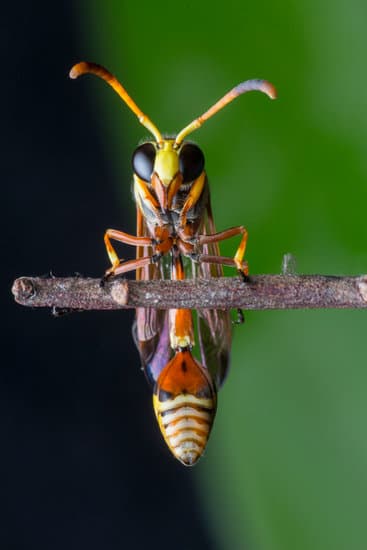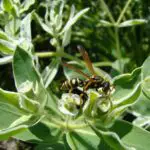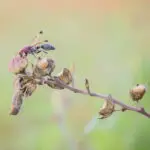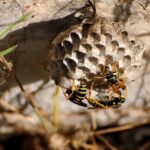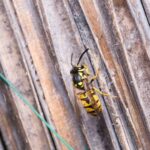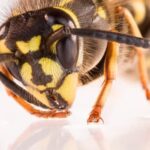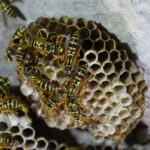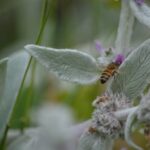How Do Wasps Help the Ecosystem?
Despite their bad reputation, wasps play a key role in our ecosystems. They are responsible for many ecological services, including pollination and pest control. Wasps also provide essential ecological resilience, contributing to a healthy environment.
Across the globe, more than 7,000 species of wasps are known to live. Many of them are solitary pollinators, but there are also social species, which build nests in manmade structures. Social wasps also capture insects. These colonies can be an annoying nuisance. They can also sting people if they get too close to their nests. However, if they are not disturbed, they will not cause any harm.
There are at least 30000 species of aculeate wasps, which hunt a wide variety of arthropods. They play a significant role in the management of arthropod populations in both natural and farmed ecosystems.
In the UK, social wasps capture up to 14 million kilograms of insect prey each summer. This is important to the ecosystem as insects are the primary source of food for birds. They also help control insect populations, reducing the use of pesticides.
Wasps are important for our ecosystems because they regulate pest populations and help to maintain the balance of the natural ecosystem. They also help plants reproduce.
Wasps are also responsible for keeping sap-sucking insects under control. Wasps prey on flies, crickets, caterpillars, and other pests. They help to reduce the population of pests that could harm humans and their crops.
Wasps also act as pollinators for 164 plant species, contributing to the economic value of their pollination services.
